What are the effects of cocoa?
min. reading
The cocoa bean, commonly known as cacao, has been used in cooking for many years to make cakes, desserts and chocolate. Today cocoa is also used as an addition to cocktails and even savory dishes. We can also use it to make an infusion, which is commonly called the “drink of the gods” because of its many properties. This is because cocoa is a source of polyphenols as well as vitamins and minerals.
On store shelves, the most common is ground cocoa, which we can directly use as a side dish. However, when buying it, we should pay attention to the quality of the cocoa, its expiration date and whether the packaging is not damaged. A good choice is organic cocoa, which is free from contamination by herbicides, pesticides and heavy metals. [1,2]
Table of Contents
How does cocoa affect the human body?
Natural cocoa is a source of antioxidants, which protect the body from free radicals (that is, atoms or molecules that have an unpaired electron that negatively affect the body). [3]
Cocoa is also a good source of dietary fiber, which is unfortunately very often deficient in our daily diet. It is essential for the proper functioning of the intestines, as it reduces intestinal transit time, increases the frequency of intestinal movements and increases the volume of stool. Biowen BIO cocoa contains as much as 28 grams of fiber in 100 grams of the product. [4]
Cocoa, and immunity
Cocoa is a source of many nutrients such as iron, magnesium, calcium, zinc, phosphorus and potassium. Iron is needed for proper oxygen transport, erythrocyte formation, metabolism, proper functioning of the immune system and the occurrence of cell division. People who are deficient in this element will be more fatigued and prone to infections. [1,5]
Zinc contained in cocoa is also extremely necessary for the proper functioning of the immune system. It is also involved in DNA synthesis and cell division, maintenance of normal bone health and vitamin A metabolism. [6]
Cocoa, and diabetes
Cocoa is a product that contains a small amount of carbohydrates (and very little simple sugars), but a larger amount of fats – including unsaturated fatty acids. In addition, cocoa contains protein, which our daily diet is often unfortunately deficient in. Thanks to this composition and high fiber content, it can be consumed by people with impaired carbohydrate metabolism. An additional advantage is its low glycemic index, which is only 24. [7].
Cocoa for mood improvement
Cocoa contains substances such as tryptophan – an essential amino acid, i.e. an amino acid that must be supplied with food, since our body is unable to produce it on its own. Tryptophan is necessary for the body to start producing serotonin – otherwise known as the happy hormone. Deficiency of serotonin manifests itself in worse moods and anxiety and depressive disorders. [8]
Caffeine, theobromine and tyramine are substances in cocoa that affect our mood. They have a beneficial effect on relieving stress and facilitate focus and improve short-term memory. In addition, cocoa is a source of magnesium, which reduces feelings of fatigue and affects nerve conduction.
Cocoa for the heart
Cocoa is a product that is very beneficial for the functioning of the cardiovascular system. Flavonols and theobromine contained in cocoa affect proper vasodilation of blood vessels and heart function. [7]
Cocoa for memory and concentration
An infusion of cocoa is called the drink of the gods for a reason – as it has a beneficial effect on heart function, stimulates, improves mood, but also aids concentration and aids memory processes. [9]
Iron, contained in large amounts in cocoa, is needed for blood production and oxygen transport – and everyone has heard more than once that a person who is hypoxic has trouble concentrating.
Cocoa is a product that at least once in a while should be in our diet for its health benefits. We can add it to our favorite pancakes, smoothies but also make homemade chocolate with it. Using bio cacao in your daily diet will benefit the whole body.
Footnotes:
- Katz D. L., Doughty K., Ali A.: Cocoa and Chocolate in Human Health and Disease. 2011, 2779-2811.
- Rankin C. W., Nriagu J. O., Aggarwal J. K., Arowolo T. A., Adebayo K., Flegal R. A.: Lead Contamination in Cocoa and Cocoa Products: Isotopic Evidence of Global Contamination. 2005, 113: 1344-1348.
- Sorrenti V., Ali S., Mancin L., Davinelli S., Paoli A., Scapagnini G.: Cocoa Polyphenols and Gut Microbiota Interplay: Bioavailability, Prebiotic Effect, and Impact on Human Health. 2020, 12: 1908.
- Nsor-Atindana J., Zhong F., Mothibe K. J.: In vitro hypoglycemic and cholesterol lowering effects of dietary fiber prepared from cocoa (Theobroma cacao L.) shells. 2012.
- Dev S., Babitt J. L.: Overview of Iron Metabolism in Health and Disease. 2017, 21: 6-20.
- Wessels I., Maywald M., Rink L.: Zinc as a Gatekeeper of Immune Function. 2017, 9: 1286.
- Montagna M. T., Diella G., Triggiano F., Caponio G. R., De Giglio O., Caggiano G., Di Ciaula A., Portincasa P.: Chocolate, “Food of the Gods”: History, Science, and Human Health. 2019, 16: 4960.
- Bravo R., Matito S., Cubero J., Paredes S. D., Franco L., Rivero M., Rodríguez A. B., Barriga C.: Tryptophan-enriched cereal intake improves nocturnal sleep, melatonin, serotonin, and total antioxidant capacity levels and mood in elderly humans. 2013, 35: 1277-1285.
- Jaramillo Flores M. E.: Cocoa Flavanols: Natural Agents with Attenuating Effects on Metabolic Syndrome Risk Factors. 2019, 11: 751.

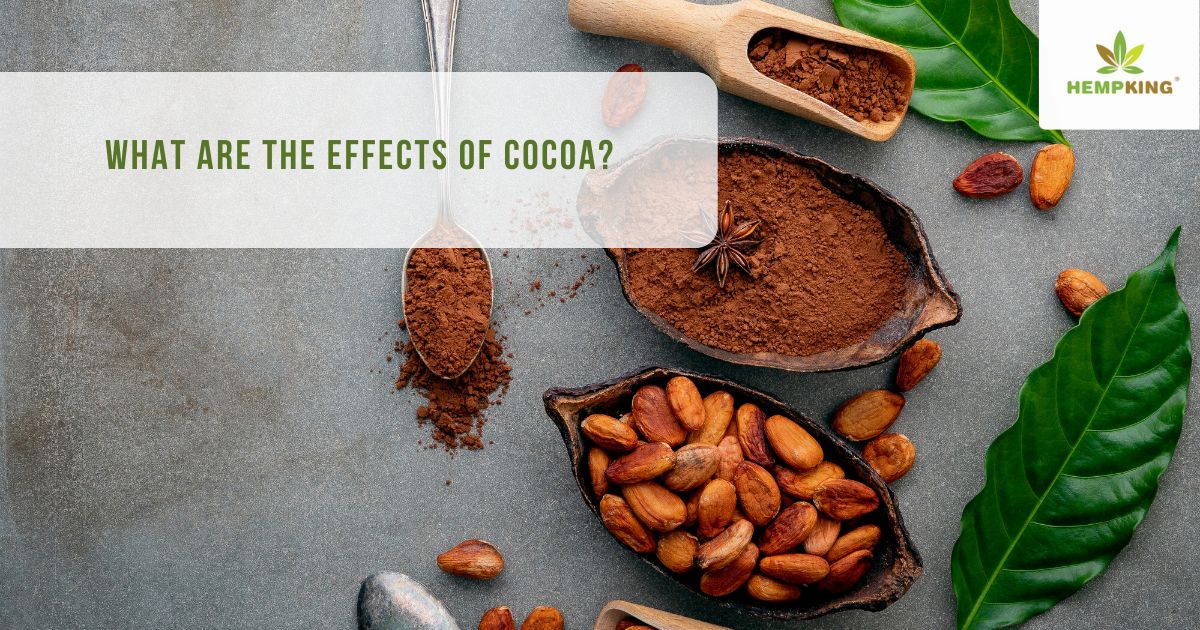
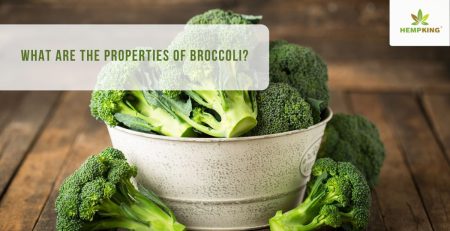


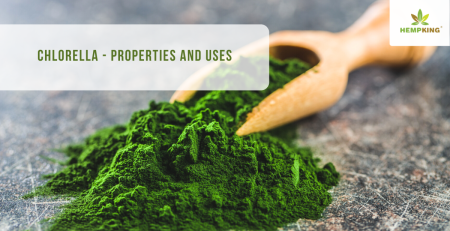






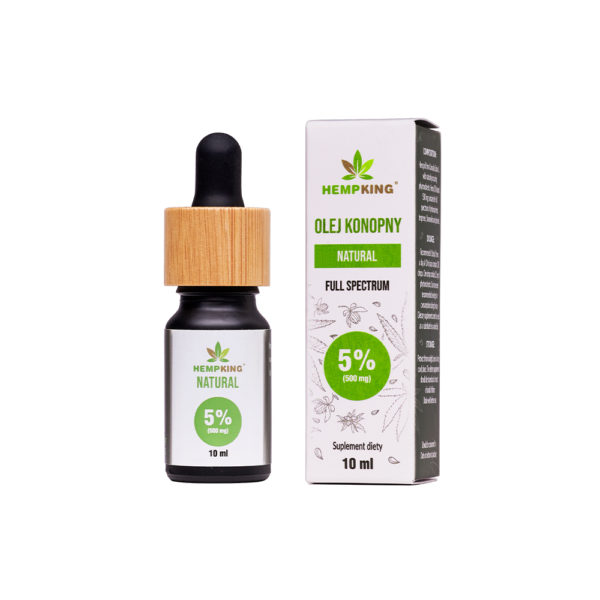
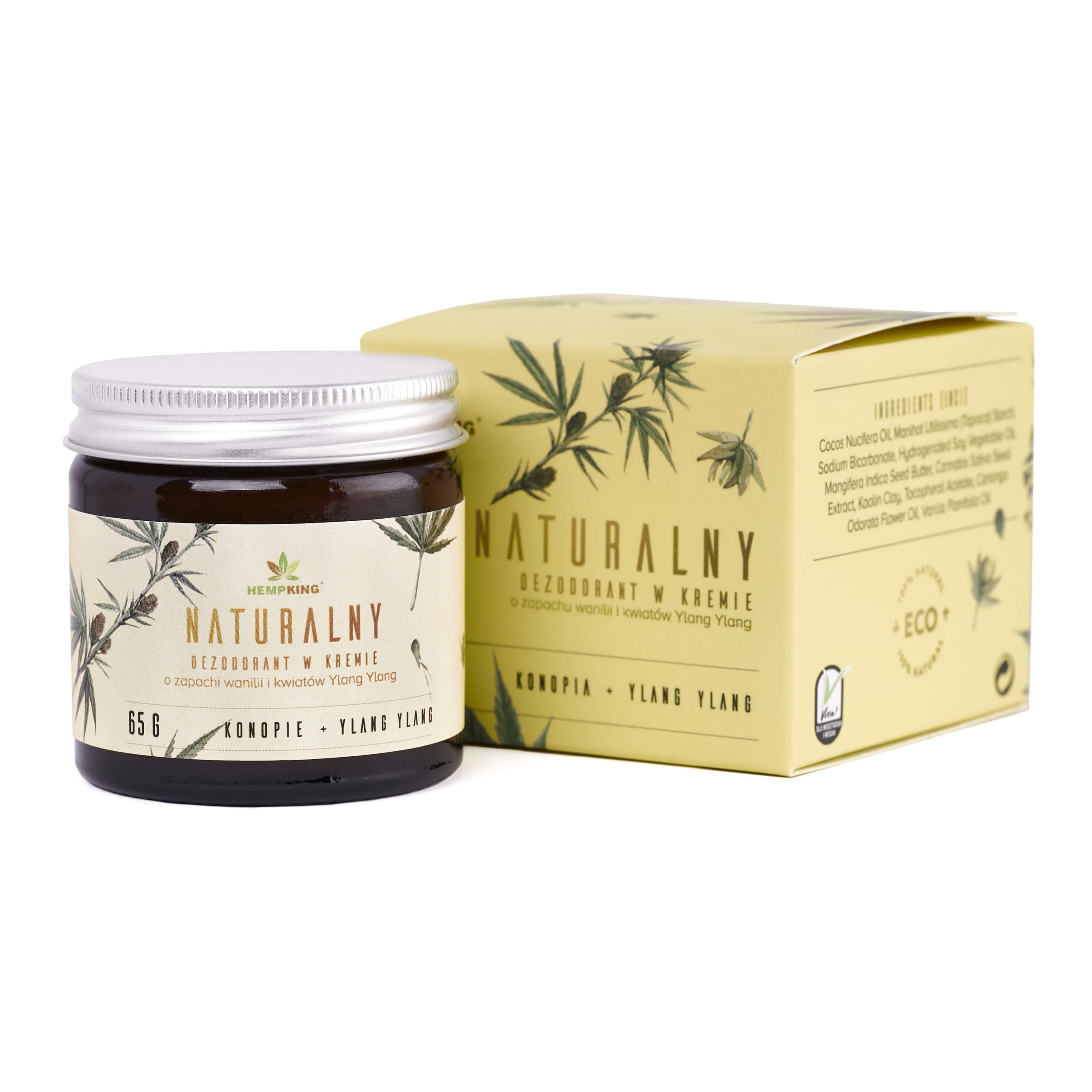
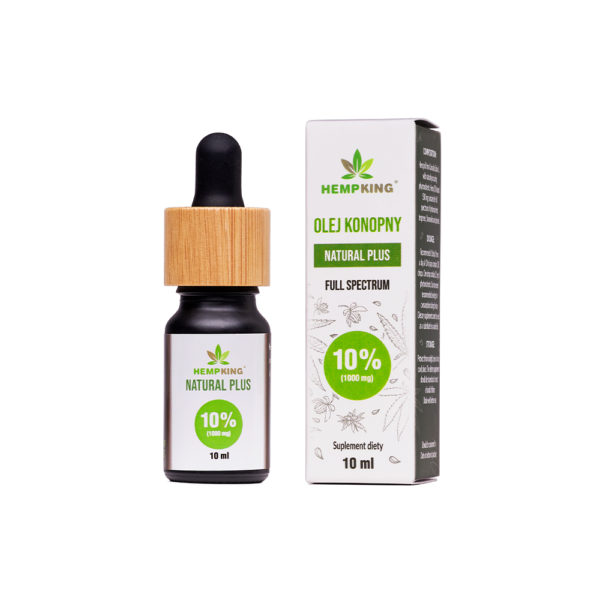
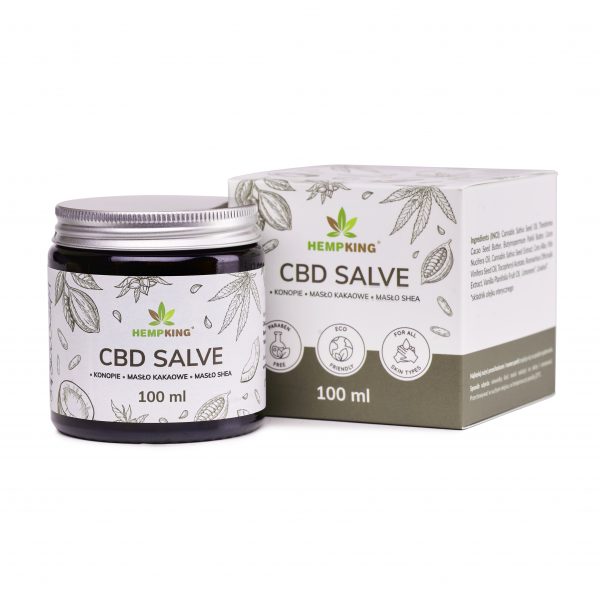
 Facebook
Facebook Instagram
Instagram

Leave a Reply